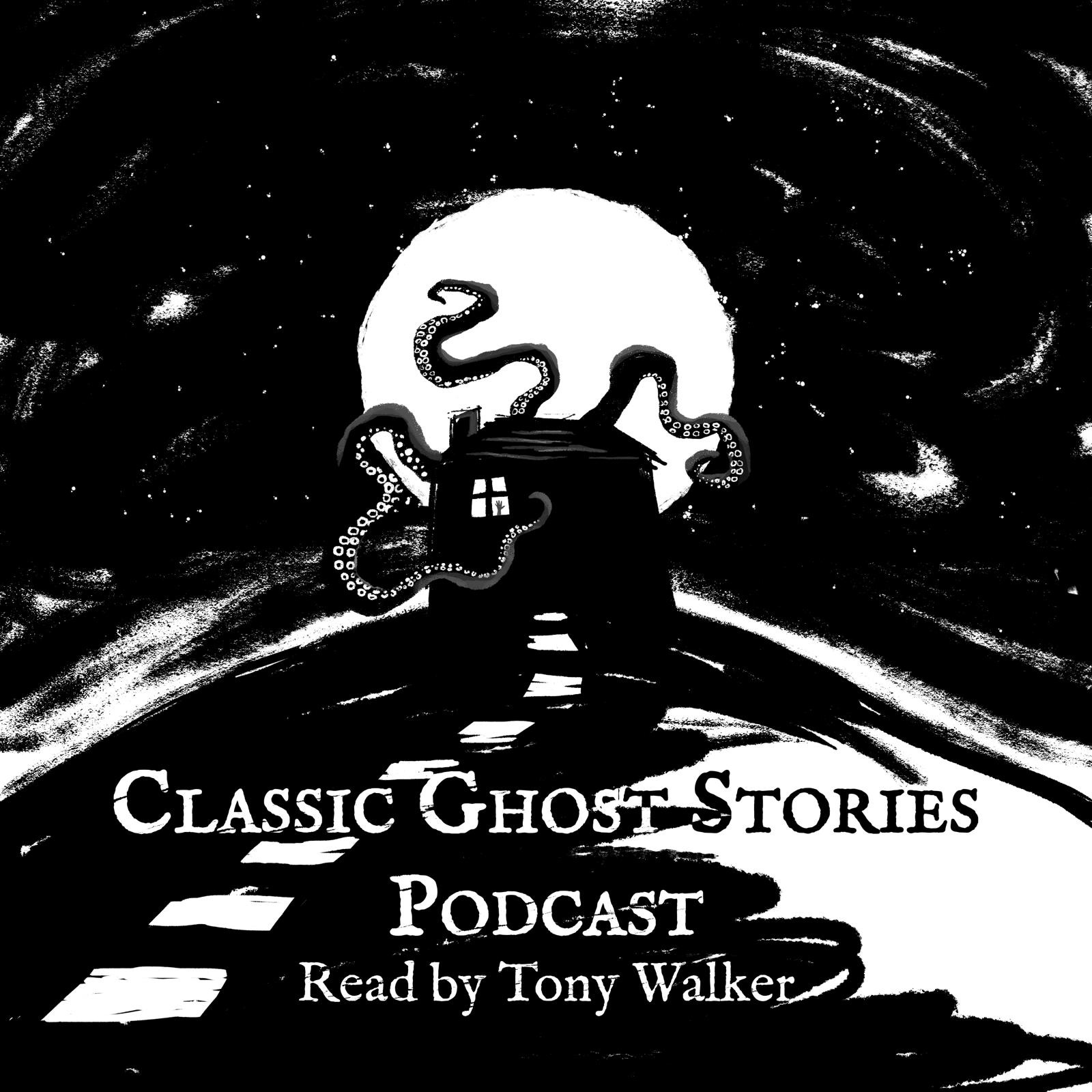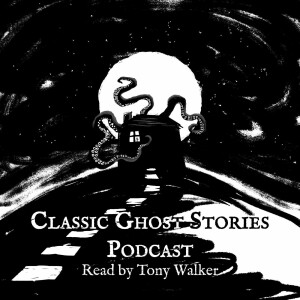
The Beckoning Fair One by Oliver Onions (4 of 4)
 2020-09-05
2020-09-05
Part 4 of The Beckoning Fair One by Oliver Onion starts off with another philosophical discourse by the unseen narrator. I'm not clear whether these are Paul Oleron's thoughts, or the narrator's observations. He talks about a letter dropped, disregarded that lies, and I guess this refers to a letter from a well-wisher, probably Elsie Bengough.
But I'm not sure what these high falutin' reflections add to the story.
I wonder whether Oliver Onions, unlike Paul Oleron was torn between writing popular stories for the paying public, and aiming at literary praise from the high minded for his observations of the human condition.
However, in this musing where we get a description of the telegram boy turning away from the unanswered door, we also have reference to a succubus.
And a succubus as I quote from Google is:
a female demon believed to have sexual intercourse with sleeping men.
Though the intercourse in Oleron's case seems to be more a spiritual vampirism.
The Beckoner appears to be a kind of muse gone wrong. A true muse of a male artist is conceived to be female, a personification of his soul, his anima, if you like. But this true muse inspires the artist and becomes a channel through which he brings down wisdom from his soul and puts it in his art. Even this true muse may be jealous, but the Beckoner is wholly wicked. She gives nothing in return for his sick love of her. She merely drains him.
Socrates talked of daemons (an idea taken up by Philip Pullman of course) who are spiritual creates to guard and inspire us. But the Beckoner does neither thing. The closest she gets is to give him dreams of the perfect novels he might write.
Even though Oleron propitiates the Beckoner with flowers, as a man might give his lover, they decay and die. This seems to be a symbol, or a warning. The fact the blinds are red and plunge the room into a red twilight reminiscent blood, also seems a warning of the terrible nature of his transformation.
The next part of XI is of Oleron's ruminations. Mainly he is plunged into hatred of Elsie Bengough, which appears to be the Beckoner's jealousy. He in his turn is jealous of his dead rival, the painter Madley.
Sometimes, he seems to see Elsie as his rescuer. He remembers that she wouldn't leave him. And of course she doesn't. This is a foreshadowing.
It is described vaguely but he hints at his thoughts have enabled and ignited the terrible jealousy of the Beckoner against Elsie.
Part 12, is from the omniscient narrator's point of view and we get relief from Oleron's internal ramblings with a bit of a semi-comic interlude of Mr Barrett going on about the imagined fornication with Elsie. He does this even down to the Christ's quote about the prostitute which Christ meant with love and charity, but Barrett turns to serve his own narrow minded prejudice, and Barrett's sanctimonius refusal to disclose whether his wife saw anything going on as if he was a man who chose to remain silent on moral issues.
Onions paints this picture of the self-righteous religious bigot very well and I enjoyed reading Barrett's lines.
Part 12 is a breath of fresh air as the coppers open the windows. No more interminable introspection but instead we have narrative movement, drama, dialogue and a twist at the end. The story ends well. It could have been cut by two thirds though to its improvement.
So, did Oleron kill Elsie or did the ghost? The ghost seems able to do physical things, like weaken the stairboard and replace the rusty nail. The pudding sized thing (think of a figgy pudding at Christmas, round, about the size of a ball) is probably her heart and it's wrapped in the frieze harp bag that Elise recognised and Oleron found hidden. That's the sign that the Beckoner is responsible, whether she did it herself and pushed her in kitchen cupboard, or whether she got Oleron to do it.
It seems that Elsie, worried that he didn't answer, got the key from the scared-eyed man and then got murdered.
To the outside world, it looks like Oleron murdered his lover, but is that what happened or did the ghost do it? My view is that Onions describes Oleron as being so weak and too scared to go into the kitchen to let us know that it was the Beckoner who killed Elsie.
Then when the police find Elsie's body, it seems that the influence of the Beckoner is lifted from Oleron. He sees almost clearly at last and is bewildered by the mess of dead flowers and the police in his room.
Was Oleron insane, or was he haunted? I guess we shall never know.
This is a public episode. If you’d like to discuss this with other subscribers or get access to bonus episodes, visit tonywalker.substack.com/subscribe
More Episodes
 2020-09-20
2020-09-20
 2020-09-19
2020-09-19
 2020-09-13
2020-09-13
 2020-09-05
2020-09-05
 2020-09-05
2020-09-05
 2020-09-05
2020-09-05
 2020-09-04
2020-09-04
Create your
podcast in
minutes
- Full-featured podcast site
- Unlimited storage and bandwidth
- Comprehensive podcast stats
- Distribute to Apple Podcasts, Spotify, and more
- Make money with your podcast
It is Free
- Privacy Policy
- Cookie Policy
- Terms of Use
- Consent Preferences
- Copyright © 2015-2024 Podbean.com





